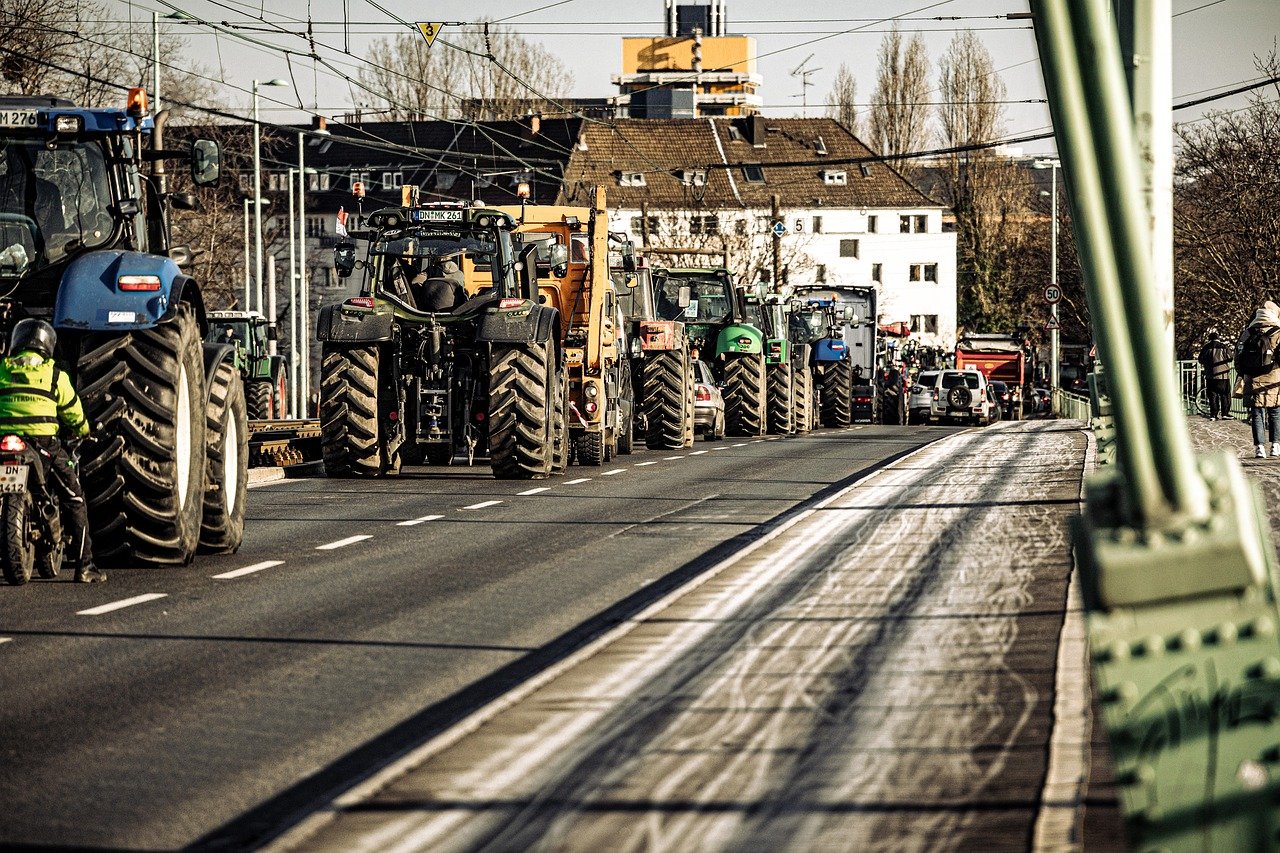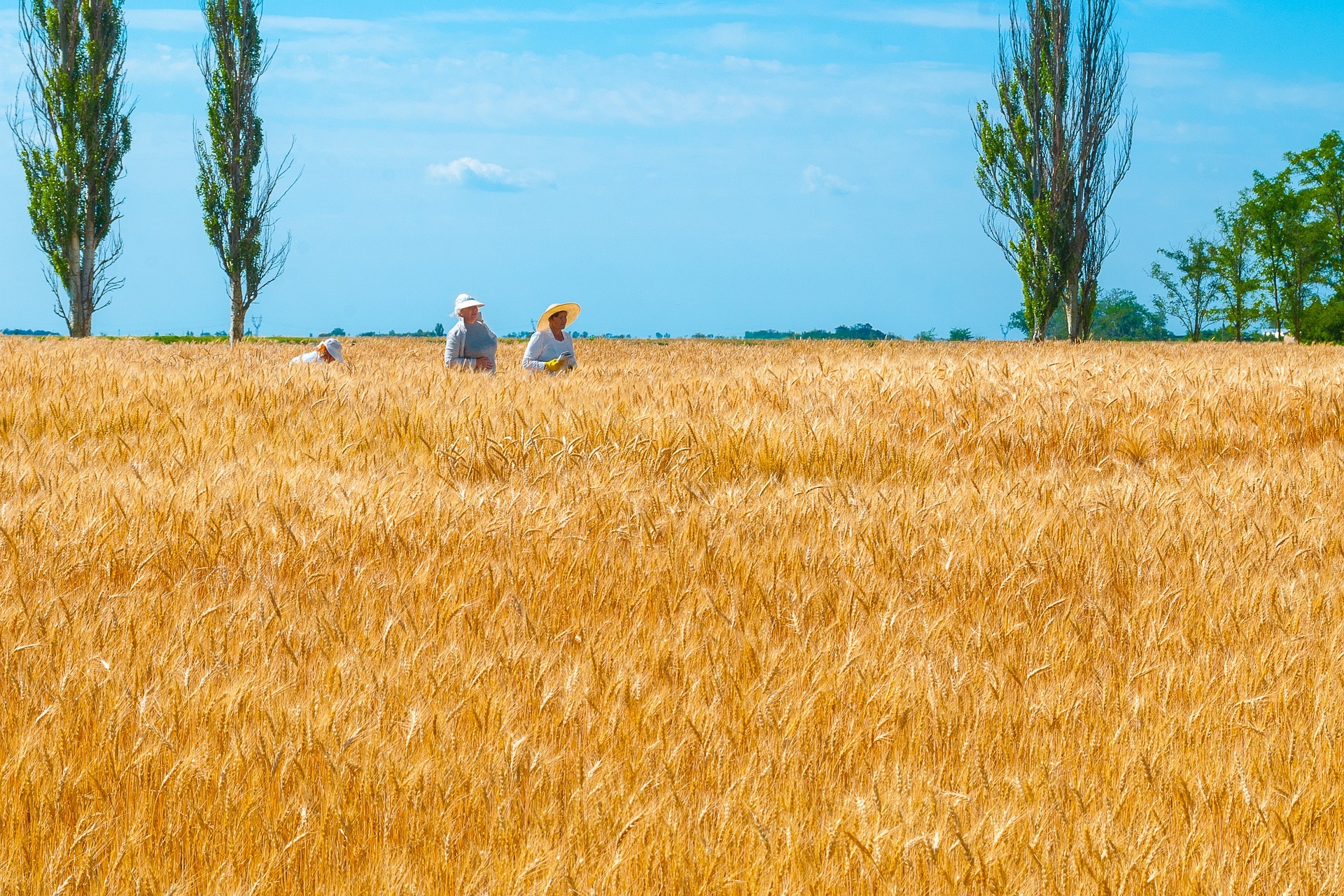The Minister of Agriculture, speaking in Brussels, criticized the extreme green ideology imposed on European agriculture, arguing that it hinders competitiveness and jeopardizes the future of farming in the EU.
After a meeting of agriculture ministers from Member States, István Nagy stressed the dangers of the EU’s agricultural policy, laden with green ideology, for both farmers and consumers. He particularly voiced concerns about the unrestricted entry of Ukrainian agricultural products into EU markets without customs, taxes, and other uncontrolled conditions.
Despite these challenges, Minister Nagy welcomed the adoption of amendments to simplify the Common Agricultural Policy (CAP) as a significant achievement.
Under the new proposals, farmers with less than 10 hectares of land would be exempt from controls and sanctions for non-compliance with CAP rules.
Compulsory set-aside will be eliminated, and farmers planning fallowing will be compensated. Additionally, crop rotation will be replaced by crop diversification, with these measures remaining in effect until the end of the CAP cycle in 2027.
Mr. Nagy highlighted Hungary’s efforts to simplify European agriculture and enhance its viability, noting over 45 proposed amendments aimed at this goal. He emphasized that the adopted proposals align closely with Hungary’s agricultural policy positions.
However, the Minister also addressed the ongoing issue of cheap grain imports from Ukraine flooding European markets, undermining local farmers.
He warned that Ukrainian agricultural products were displacing European goods, posing a significant challenge.
To address this, Minister Nagy suggested leveraging EU trade regulations to impose restrictions on Ukrainian agricultural imports without harming Ukraine’s interests. He insisted that trade in cereals and oilseeds be addressed within the autonomous trade liberalization framework, emphasizing these products’ central role in the issue.
Nagy reiterated Hungary’s stance: rejecting amendments to trade regulations until cereals and oilseeds are adequately covered.
He emphasized the importance of protecting the Hungarian farming community’s interests,
pledging to uphold the decision to block Ukrainian agricultural imports if necessary.
According to Magyar Nemzet, as EP elections are coming up, leaders are confronting a pivotal choice: prioritize domestic agriculture or aid Ukraine. Notably, Emmanuel Macron and Donald Tusk, once staunch supporters of Ukraine, are now on the same side with Hungary, Romania, and Bulgaria to reinstate quotas and tariffs on Ukrainian agricultural imports.
Despite past solidarity with Kiev, concerns over the influence of powerful Ukrainian agricultural lobbies prompt a shift in stance. Prime Minister Viktor Orbán and Robert Fico advocate for protectionist measures, reflecting broader tensions within the EU. Italy’s stance remains uncertain, raising questions about the unity of European response.
Related article
Minister of Agriculture Urges EU to Return to Normality in Food Security
Minister István Nagy said that decision-makers must represent the interests of farmers and workers within the EU.Continue reading
Via MTI, Magyar Nemzet; Featured Image: Pixabay

